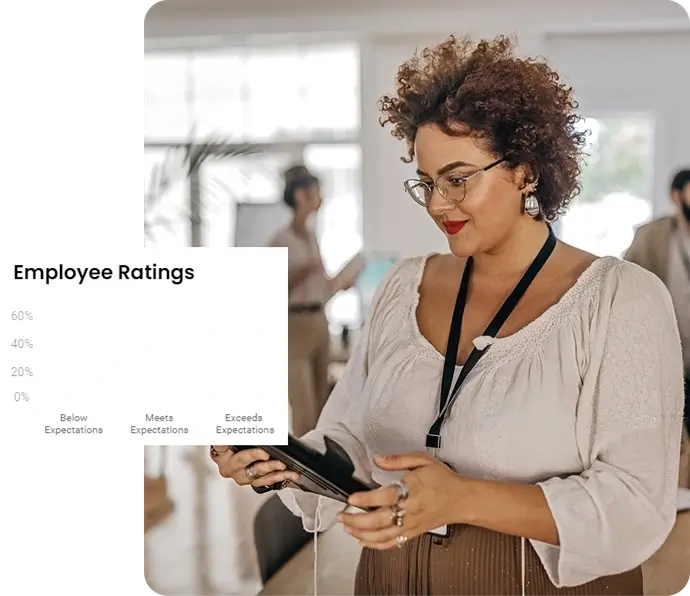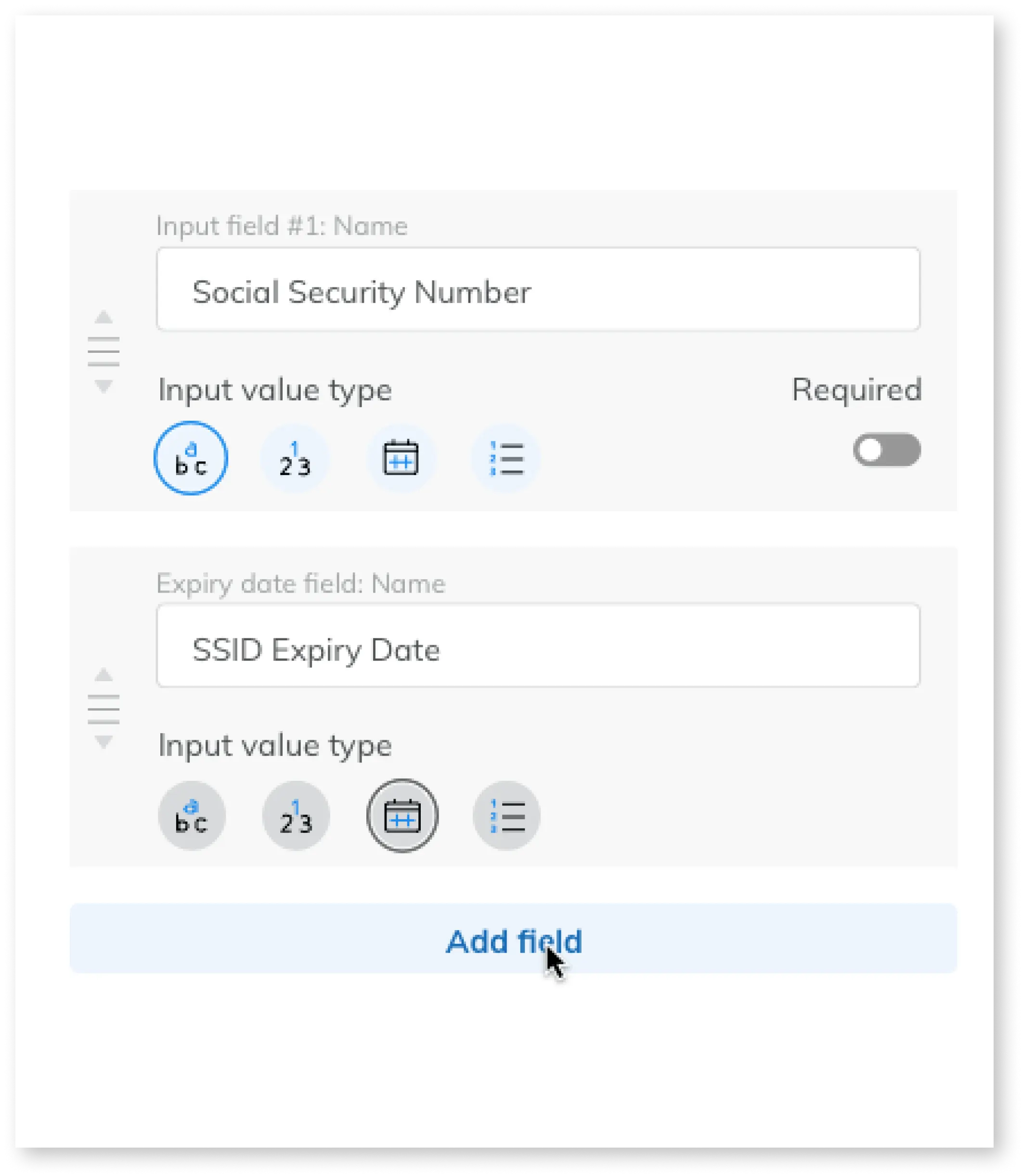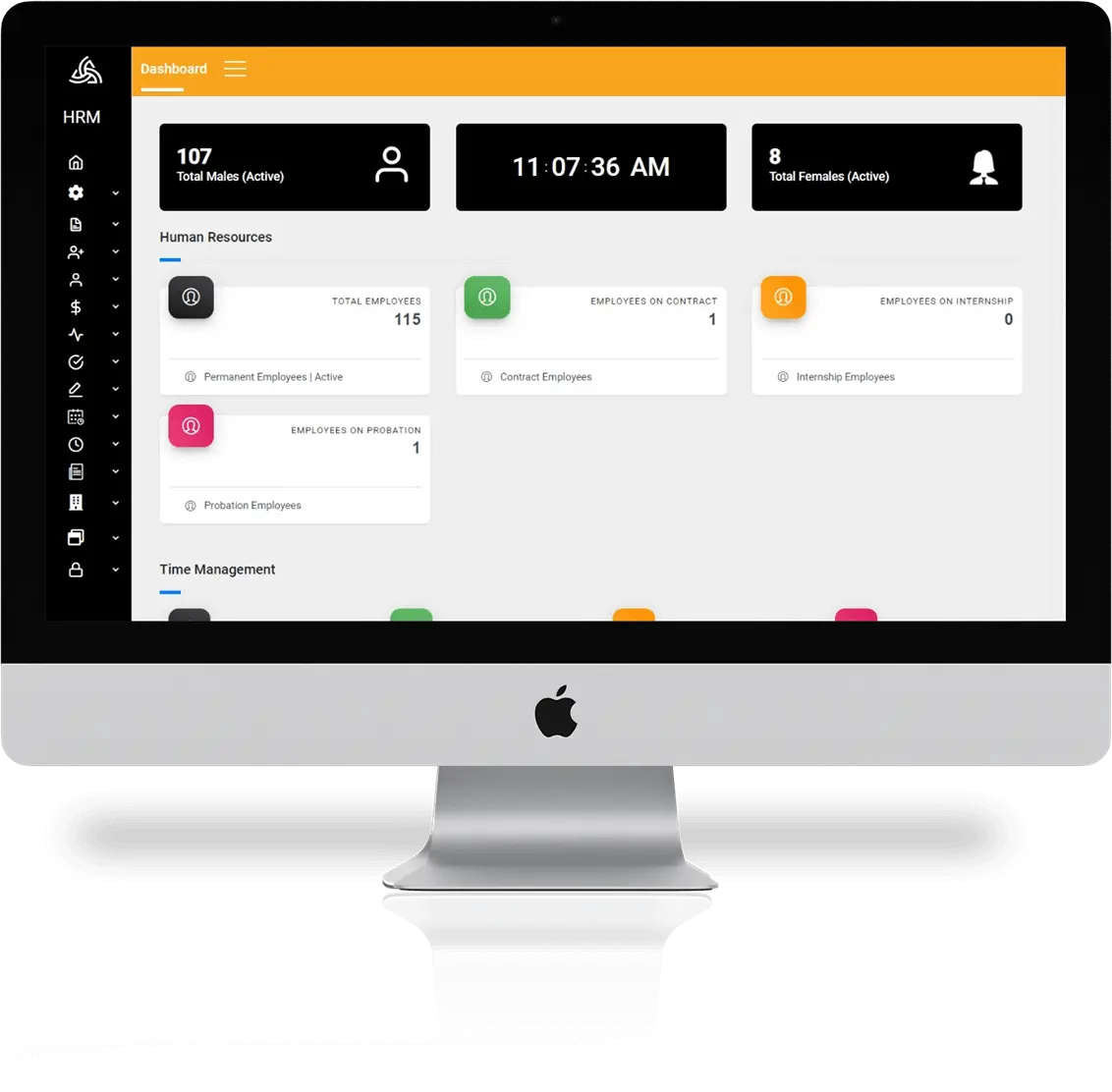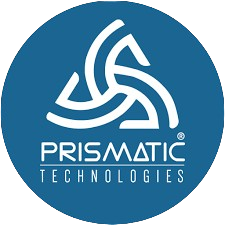Unlock the Full Potential of Your Workforce
Efficient, Scalable, and User-Friendly HR Solutions


Efficient, Scalable, and User-Friendly HR Solutions


From recruitment to retirement, manage every aspect of HR in one place.
Easily integrate with your existing tools and platforms, ensuring a smooth transition.
Leverage real-time analytics to make informed decisions that drive business growth.
Intuitive and easy to navigate, our software is designed with your team in mind.

HRIS
Database
Performance
Attendance
Payroll
Operations
Onboard

Store and manage detailed employee information.

Keep all HR information up-to-date with real-time syncing across your entire organization.

Quickly locate employee records and generate reports with powerful search and filtering tool.

Protect sensitive HR data with role-based access controls.



Protect sensitive HR data with role-based access controls.

Tailor the software to match your company’s HR processes.

Connect with your existing tools for a seamless experience.

Roll out the software to your team with our easy onboarding process.

Use real-time analytics and reporting to continuously improve your HR strategies.
Take your first step towards bringing happiness in your HR! Our customer team will guide you.
Request a demo
HRM software is a digital solution designed to automate and streamline the core functions of human resource management, including recruitment, employee onboarding, payroll, performance management, and compliance tracking. By centralizing employee data and processes, HRM systems improve workforce productivity, enhance employee engagement, and enable HR teams to focus on strategic initiatives, ensuring smooth operations and fostering organizational growth.
 Chat with Prismatic Bot
Chat with Prismatic Bot